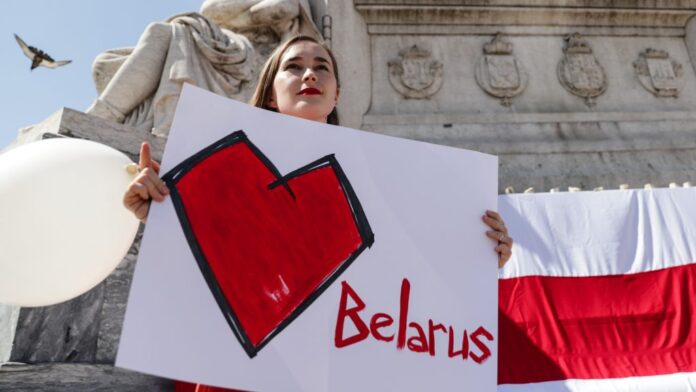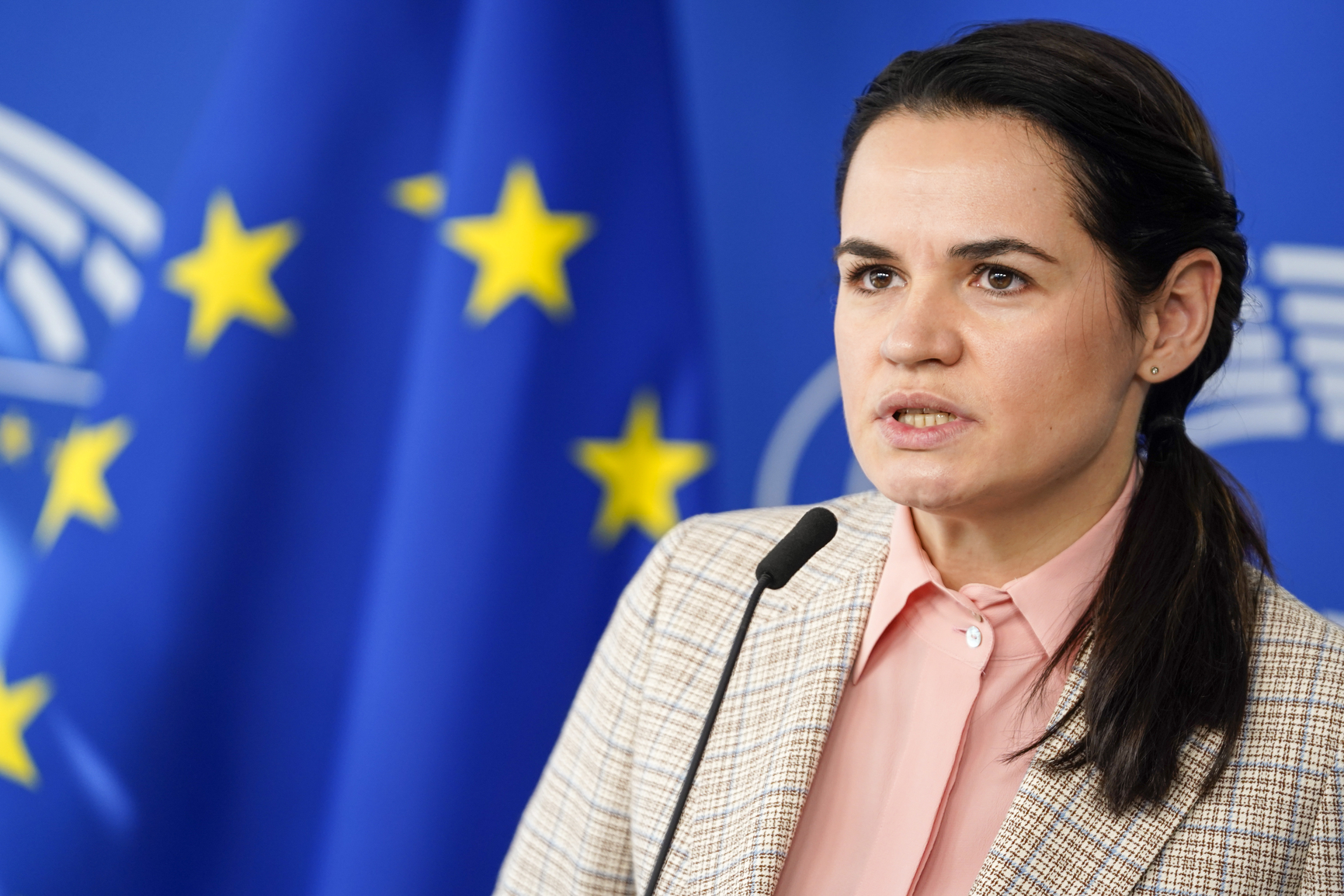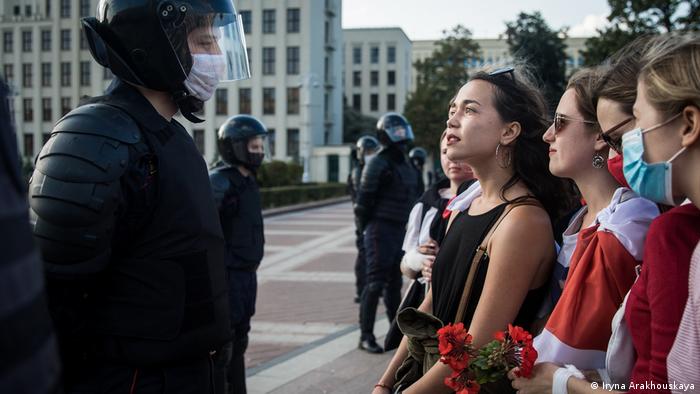
What is happening in Belarus?
Belarus, a geostrategic country located on the eastern side of Europe, has been trapped in an authoritarian regime under Alyaksandr Lukashenko’s Communist Party since 1994. Freedom House1 considers Belarus to be a non-free country, with constantly manipulated national elections and a considerable restriction on civil and political rights.
Today Belarus finds itself in an evident political deadlock after the controversial presidential election that took place on August 9, 2020. Although Lukashenko supposedly won by a large margin (with 80% of support), the results were fraudulent, as there had been a dishonest ballot counting: it is estimated that Tsikhanouskaya, his opponent, had received around 13 times more votes than the ones registered. In the wake of this scandal, mass demonstrations and protests arose, giving rise to unprecedented police brutality and violence. Instead of listening to the Belarusian people, Lukashenko kept up with the fraud and proclaimed himself as the ruler of Belarus in September of that year through a secret and undisclosed ceremony.
An ongoing Velvet revolution in Belarus
Since the reelection of “Europe’s last dictator”, as Lukashenko is widely known, the Belarusian citizenry has been undergoing a pro-democracy velvet revolution, similar to the one carried out in Czechoslovakia in the late 1980s. These energetic but peaceful demonstrations generally focused on ending violent repression and, most importantly, the removal of Lukashenko from his position. The government conceived these demonstrations as “unauthorized mass events”, which allowed them to use force in an attempt to halt the protests. Human rights associations have recorded a total of 169 detentions, four deaths. The government has opened more than 900 criminal cases as a consequence of the electoral fraud.
Presidential candidates, mainly Sviatlana Tsikhanouskaya and Veronika Tsepkalo, fought against the falsified elections and led these demonstrations. Tsikhanouskaya, who considered her electoral results to be negatively affected, created the Coordination Council to guarantee a diplomatic resolution to this conflict and to oust Lukashenko from power. Given the current hostile environment these politicians were forced into exile to appease the opposition.

Implications in the international arena
The international implication towards the ongoing conflict in Belarus can be viewed through many different lens. Friendly countries such as Russia or China, with whom they share political principles, did not hesitate to recognize the electoral results, while democracies like the European Union or the United States have condemned the fraud and the perpetuated human rights violations, including sanctions on those responsible for this fraud and subsequent violence and repression. Still, this is insufficient to make Lukashenko listen to the Belarusian citizenry2.
Religious freedom in Belarus3
The Constitution of the Republic of Belarus allows the freedom to have and practice any religious belief in the country. In practice, the government has put restrictions to this fundamental freedom, as Lukashenko considers religious communities to be a threat to the government. As a consequence, he has given generous and preferential help to the Russian Orthodox Church, as a result of their support to Lukashenko’s government and their encouragement to have prosperous relations and an increase their religious authority.4
Many of the “unauthorized mass events” were held by religious associations in search of justice, reporting a clear violation of human rights. Many religious protesters were arrested: Vladimir Mayoraurov was sent to jail after protesting against police brutality in Freedom Square, Pastor Telkousli was detained for parading and praying outside the Holy Spirit Orthodox Cathedral without previous authorization. These are just a few examples of the critical situation in Belarus, where religion was used as a mediation to obtain justice but instead was severely restricted to the point of sending religious people to prison.
Areligious group must register for it to be considered official in Belarus. Many religious organizations have been denied official status, while others refrained from applying to register for fear of being harassed or having their names published. Moreover, certain clergy were denied entrance to visit demonstrators who had been unfairly arrested in the wake of these protests.
An NGO focused on international religious freedom, Forum 18, has clearly found: “violations of freedom of religion and belief and of the interlinked freedoms of expression, association, and assembly in the country” that “worsened amid widespread continuing protests against falsified results of the August 2020 presidential election and against the regime’s other serious violations of the human rights of the people it rules.”5
The near future of Belarus6
There can be little doubt about Russia’s flourishing partnership with Belarus: Should the Kremlin’s control of Belarus come to an end the balance of power in Europe would change and Russian supremacyand Russian supremacy would not longer be preeminent.
Belarus has been going through a delicate and volatile economic period since the beginning of 2020, with heavy reliance on Russia. Given Russia’s economic and logistical support to overcome the Belarusian decline, it seems evident that Lukashenko is not in a position to reject Russia’s help, which hinders the natural evolution of this country. With Russia’s support, the balance of power in the European region would be severely altered.7

María Álvarez Hierro
JESC’s Former Communications Intern
ENDNOTES:

